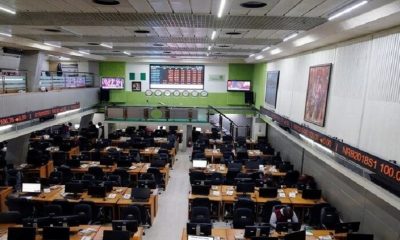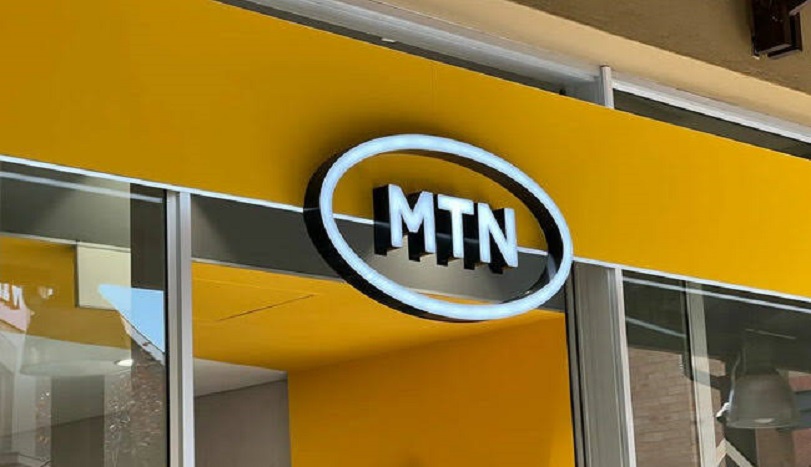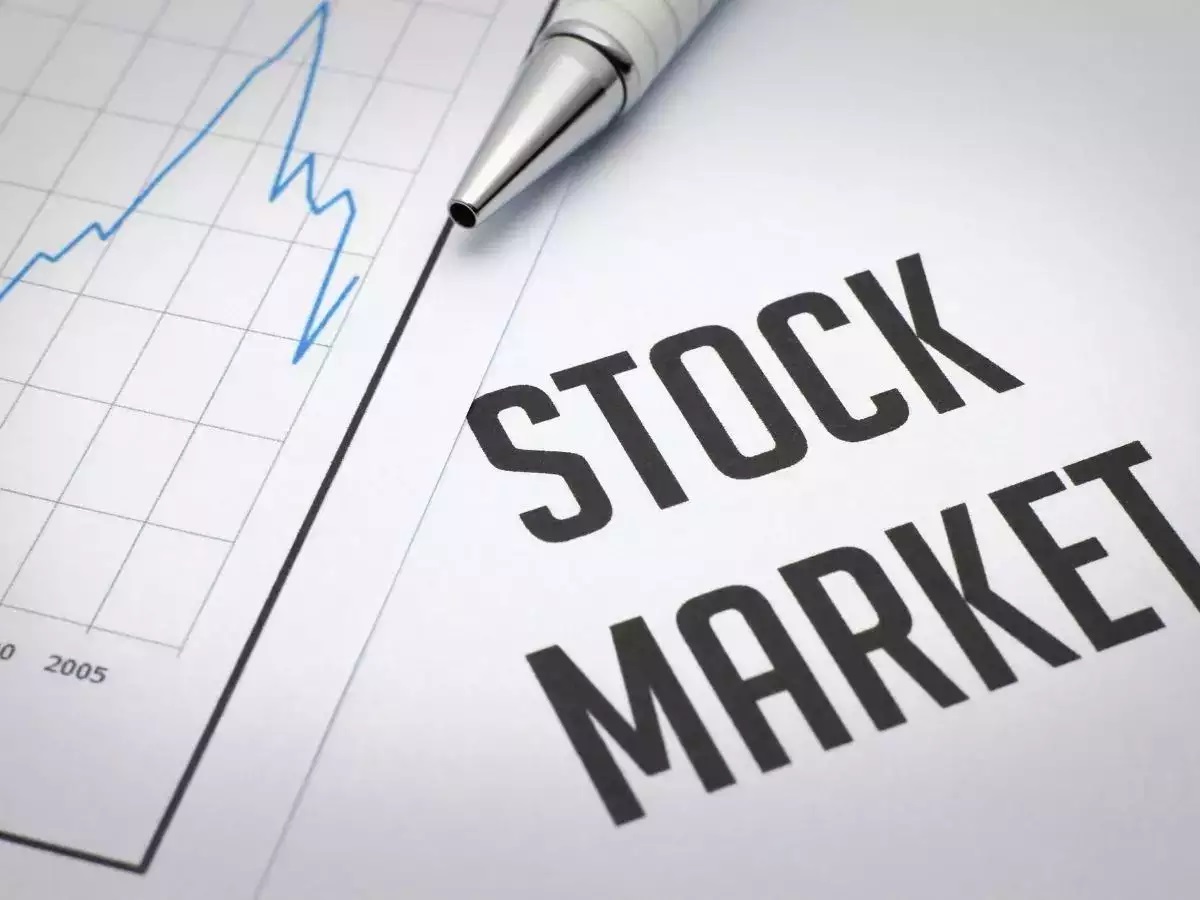Economy
Is Equity Market Rally Sustainable?
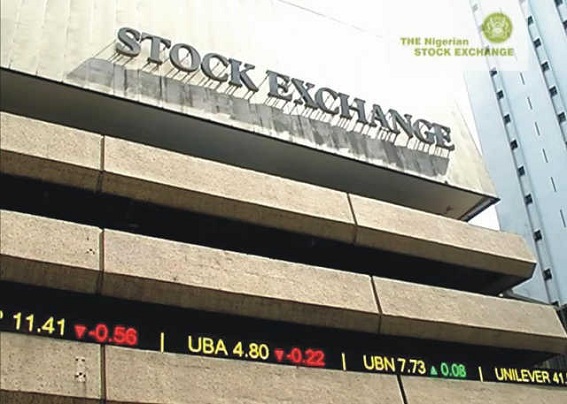
The performance of the Nigerian equity market as measured by The Nigerian Stock Exchange All Share Index (NSE ASI) has been impressive since the beginning of the year 2017.
As at the close of trading on July 27, 2017, the NSE ASI had appreciated by 38.59 percent Year-to-Date (YTD).
A review of the performance of 15 major equity market indices in other countries shows that the NSE ASI recorded the best performance of 37 percent as at July 26, 2017, closely followed by GSE All Share Index (Ghana) at 34 percent.
The International Monetary Fund (IMF) in its World Economic Outlook (WEO) Update July 2017 edition, states that equity prices in advanced economies remain strong, and are showing continued market confidence about company earnings.
It notes that markets are also optimistic about emerging market prospects as reflected in strengthening equity markets and some further compression of interest rate spreads.
It however cautions that oil exporters provide an exception to this pattern, because of the dwindling oil prices since March 2017.
The big question in the minds of investors and equity market analysts is if the strong growth in the equity market since April 2017 is sustainable or if there is a bubble waiting to burst.
Our review of the Price to Earnings (P/E) multiples of the top 10 most capitalised stocks on The Nigerian Stock Exchange (NSE) as at July 27, 2017 shows that the companies traded at higher P/E multiples in July 2017 than in July 2016 and in July 2015.
The average P/E multiple for the companies increased from 11.46x in July 2015 to 12.25x in July 2016 and to 27.06x July 27, 2017.
Nestle recorded the highest P/E multiple of 78.87x in July 2017 and 34.91x in July 2015 while Nigerian Breweries recorded the highest P/E multiple in 2016 at 30.7x.
Although a high P/E multiple may indicate that investors believe in the future earnings growth of the company, the current trend in the market shows that stocks are trading far higher than the historical level and a possible correction may be imminent.
The monthly analysis of the NSE ASI shows that the equity market rally started in April 2017. The equity market appreciated between April and July 27, 2017 by 45 percent while it depreciated by 4.15 percent between December 2016 and April 2017.
The equity market followed similar trend between April and June in 2016 and 2017. The equity market recorded negative performance both in January and February 2017 at 3.12 percent and 2.72 percent respectively, with investors’ outlook that 2017 might be another bad year for equity market investment.
However, the fortune of the market changed in March 2017 with a month on month appreciation of 0.74 percent, April 0.95 percent, May 15 percent, June 12 percent, and 12 percent as at July 27, 2017.
YTD, the top gainers in the equity market as at July 27, 2017 are: May & Baker 245.74 percent; Fidson Healthcare 172.66 percent; Stanbic IBTC Holdings 150.00 percent; UBA 124.44 percent; Beta Glass 99.01 percent; Cement Company of Northern Nigeria 94 percent; Airline Services 91.20 percent; Okomu Oil 85.24 percent; FBN Holdings 78.21 percent; and Presco 77.06 percent.
Some notable factors that are responsible for the market rally are: improved business and consumers’ confidence in the economy, consistent improvement in the Purchasing Managers’ Index (PMI), stability in the foreign exchange market leading to the inflow of foreign investors, particularly with the establishment of the Investors and Exporters’ Foreign Exchange Window and the prospect of improvement in corporate earnings.
While we note that the improvement in the macroeconomic environment in the last few months has sustained the rally in the equity market, we think profit taking is imminent on a few stocks that have recorded strong appreciation in their share prices.
Economy
Nigerian Stocks Further Lose 0.38% as Cautious Trading Persists
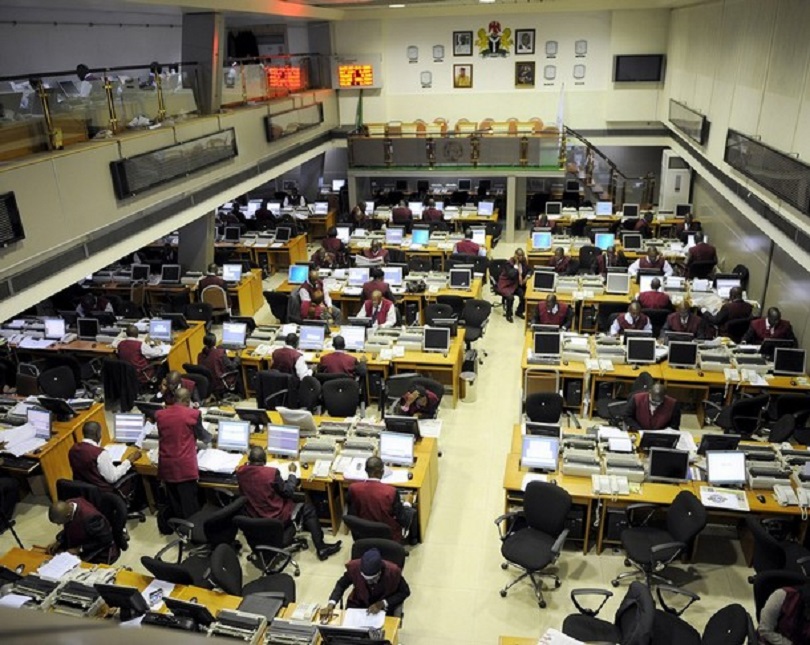
By Dipo Olowookere
The absence of a positive trigger left Nigerian stocks 0.38 per cent deeper in the bears’ territory on Friday, as investors embarked on cautious trading.
Two of the five major sectors tracked by Business Post finished in red on the last trading session of this week, with the industrial goods down by 2.44 per cent, and the energy down by 0.26 per cent due to profit-taking.
However, bargain-hunting raised the insurance sector by 1.52 per cent, the banking index increased by 0.79 per cent, and the consumer goods sector expanded by 0.28 per cent.
When the closing gong was struck yesterday, the All-Share Index (ASI) of the Nigerian Exchange (NGX) Limited crashed by 741.04 points to 192,826.77 points from 193,567.81 points, and the market capitalisation lost N476 billion to close at N123.763 trillion compared with the previous day’s N124.239 trillion.
According to data from Customs Street, Mecure gave up 9.97 per cent to trade at N75.85, Meyer depreciated by 9.90 per cent to N18.65, DAAR Communications crumbled by 9.83 per cent to N2.11, Champion Breweries staggered by 6.49 per cent to N18.00, and Dangote Cement crashed by 6.09 per cent to N779.00.
Conversely, Sovereign Trust Insurance gained 9.95 per cent to settle at N2.21, RT Briscoe improved by 9.93 per cent to N12.51, NGX Group expanded by 9.78 per cent to N124.00, Ellah Lakes surged by 9.70 per cent to N13.00, and Omatek chalked up 9.70 per cent to sell for N2.60.
A total of 44 shares finished on the gainers’ chart during the session, while 25 shares ended on the losers’ table, representing a positive market breadth index and strong investor sentiment.
The activity chart showed that 823.8 million stocks valued at N34.8 billion exchanged hands in 63,759 deals during the session versus the 868.5 million stocks worth N31.5 billion traded in 69,310 deals on Thursday.
This indicated that the value of transactions increased by 10.48 per cent, the volume of trades declined by 5.15 per cent, and the number of deals dipped by 8.01 per cent.
The busiest equity on Friday was Fortis Global Insurance, which sold 146.6 million units for N137.3 million, Zenith Bank transacted 79.4 million units valued at N7.1 billion, Japaul exchanged 57.2 million units worth N225.1 million, Jaiz Bank traded 49.5 million units valued at N589.3 million, and Access Holdings exchanged 44.8 million units worth N1.2 billion.
Economy
Nigeria’s Economy Expands 4.07% in Q4 2025

By Adedapo Adesanya
Nigeria’s economy, measured by gross domestic product (GDP), grew by 4.07 per cent (year-on-year) in real terms in the fourth quarter (Q4) of 2025.
The National Bureau of Statistics (NBS) announced the development in its latest GDP report for Q4 2025 on Friday.
The latest figure represents an improvement over the 3.76 per cent growth recorded in the corresponding period of 2024, signalling sustained recovery across key sectors of the economy. The growth rate was faster than the third quarter’s 3.98 per cent.
The report confirmed that Nigeria’s oil sector grew 6.79 per cent year-on-year and the non-oil part of the economy expanded by 3.99 per cent.
Nigeria’s average daily oil production stood at 1.58 million barrels per day in the final three months of 2025. That was lower than the third quarter’s output of 1.64 million barrels per day but higher than the 1.54 million barrels per day in the fourth quarter of 2024.
Breakdown of the data showed that the agriculture sector grew by 4.00 per cent in the fourth quarter of 2025. This marks a significant increase compared to the 2.54 per cent growth recorded in the same quarter of 2024, reflecting improved output and resilience in the sector.
The industry sector also recorded a stronger performance during the period under review. It grew by 3.88 per cent year-on-year, up from 2.49 per cent posted in the fourth quarter of 2024. The improvement suggests enhanced activity in manufacturing, construction, and related industrial sub-sectors.
The services sector maintained its position as a major growth driver, expanding by 4.15 per cent in Q4 2025. However, this was slightly lower than the 4.75 per cent growth recorded in the corresponding quarter of the previous year.
Overall, the 4.07 per cent GDP growth in the final quarter of 2025 underscores broad-based expansion across agriculture, industry, and services, despite a marginal moderation in services growth.
The Q4 performance provides further evidence of strengthening economic momentum, with improvements recorded in both agriculture and industry compared to the previous year.
Economy
Flour Mills Supports 2026 Paris International Agricultural Show

By Modupe Gbadeyanka
For the second time, Flour Mills of Nigeria Plc is sponsoring the Paris International Agricultural Show (PIAS) as part of its strategies to fortify its ties with France.
The 2026 PIAS kicked off on February 21 and will end on March 1, with about 607,503 visitors, nearly 4,000 animals, and over 1,000 exhibitors in attendance last year, and this year’s programme has already shown signs of being bigger and better.
The theme for this year’s event is Generations Solution. It is to foster knowledge transfer from younger generations and structure processes through which knowledge can be harnessed to drive technological advancement within the global agricultural sector.
In his address on the inaugural day of the Nigerian Pavilion on February 23, the Managing Director for FMN Agro and Director of Strategic Engagement/Stakeholder Relations, Mr Sadiq Usman, said, “At FMN, our mission is Feeding and Enriching Lives Every Day.
“This is a mandate we have fulfilled through decades of economic shifts, rooted in a culture of deep resilience and constant innovation. We support this pavilion because FMN recognises that the next frontier of global Agribusiness lies in high-level technical exchange.
“We thank the France-Nigeria Business Council (FNBC), the organisers of the PIAS, and our fellow members of the Nigerian Pavilion – Dangote, BUA, Zenith, Access, and our partners at Creativo El Matador and Soilless Farm Lab— we are exceedingly pleased to work to showcase the true face of Nigerian commerce.”
Speaking on the invaluable nature of the relationship between Nigeria and France, and the FMN’s commitment to process and product innovation, Mr John G. Coumantaros, stated, “The France – Nigeria relationship is a valuable partnership built on a shared value agenda that fosters remarkable Intercontinental trade growth.
“Also, as an organisation with over six decades of transformational footprint in Nigeria and progressively across the African Continent, FMN has been unwaveringly committed to product and process innovation.
“Therefore, our continuous partnership with France for the success of the Paris International Agricultural Show further buttresses the thriving relationship between both countries.”
PIAS is one of the most widely attended agricultural shows, with thousands of people from across the world in attendance.
-

 Feature/OPED6 years ago
Feature/OPED6 years agoDavos was Different this year
-
Travel/Tourism10 years ago
Lagos Seals Western Lodge Hotel In Ikorodu
-

 Showbiz3 years ago
Showbiz3 years agoEstranged Lover Releases Videos of Empress Njamah Bathing
-

 Banking8 years ago
Banking8 years agoSort Codes of GTBank Branches in Nigeria
-

 Economy3 years ago
Economy3 years agoSubsidy Removal: CNG at N130 Per Litre Cheaper Than Petrol—IPMAN
-

 Banking3 years ago
Banking3 years agoSort Codes of UBA Branches in Nigeria
-

 Banking3 years ago
Banking3 years agoFirst Bank Announces Planned Downtime
-

 Sports3 years ago
Sports3 years agoHighest Paid Nigerian Footballer – How Much Do Nigerian Footballers Earn


